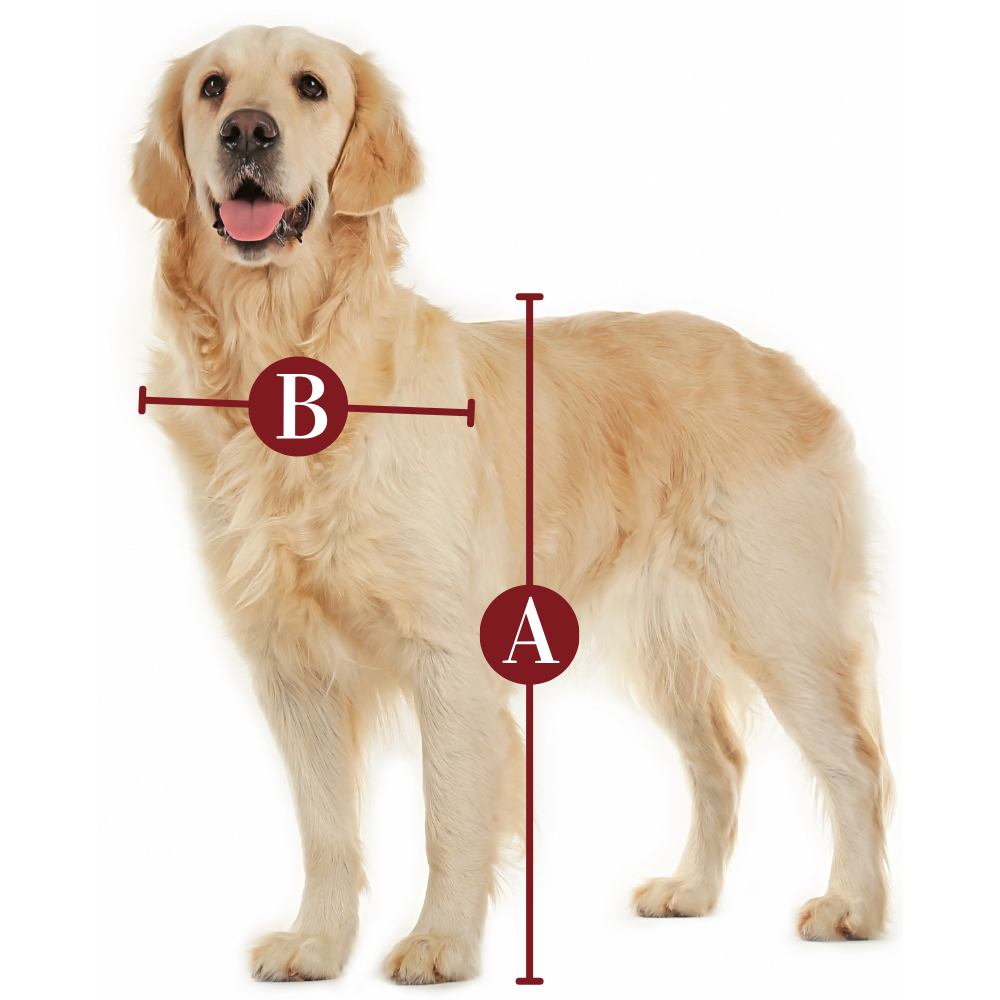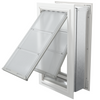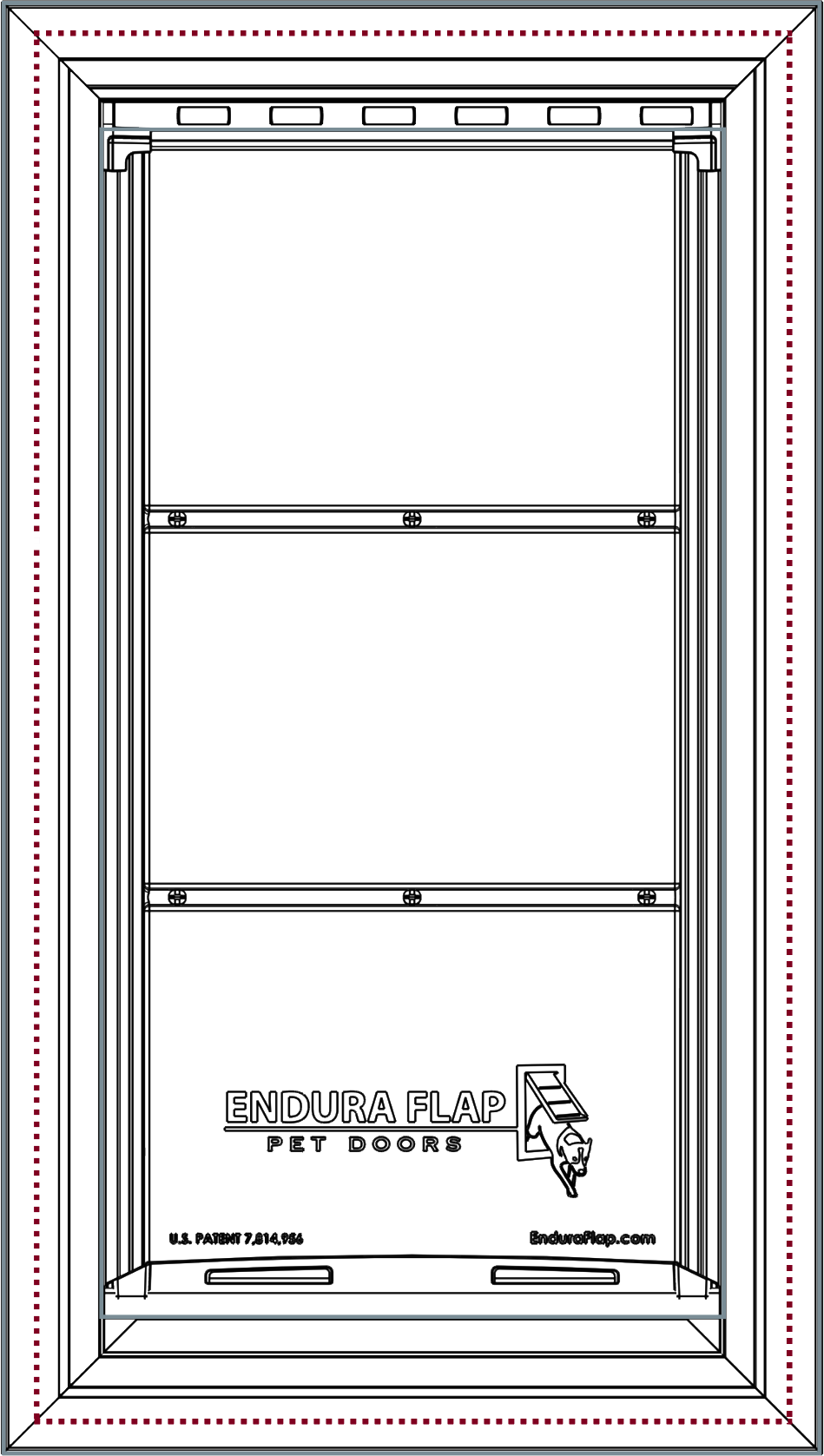-
Window
9-15
6
Small
https://enduraflap.com/products/horizontal-window-cat-door?variant=39518503370831
-
Door
8-14
6
Small
https://enduraflap.com/products/double-flap-door?variant=43778127364326
-
Door
8-21
8
Medium
https://enduraflap.com/products/double-flap-door?variant=43778127560934
-
Door
8-27
10
Large
https://enduraflap.com/products/double-flap-door?variant=43778127757542
-
Wall
8-14
6
Small
https://enduraflap.com/products/double-flap-wall?variant=30371900096591
-
Wall
8-21
8
Medium
https://enduraflap.com/products/double-flap-wall?variant=30371900194895
-
Wall
8-27
10
Large
https://enduraflap.com/products/double-flap-wall?variant=30371900293199
-
Door
8-16
6
Small
https://enduraflap.com/products/kennel?variant=31373400473679
-
Door
8-22
8
Medium
https://enduraflap.com/products/kennel?variant=31373400506447
-
Door
8-28
10
Large
https://enduraflap.com/products/kennel?variant=31373400539215
-
Sliding Glass Door
8-14
6
Small
https://enduraflap.com/products/severe-weather-vinyl?variant=39518506156111
-
Sliding Glass Door
8-21
8
Medium
https://enduraflap.com/products/severe-weather-vinyl?variant=39518506221647
-
Sliding Glass Door
8-31
10
Large
https://enduraflap.com/products/severe-weather-vinyl?variant=39518506287183
-
Door
9-16
6
Small
https://enduraflap.com/products/single-flap-door?variant=43778122416358
-
Door
9-22
8
Medium
https://enduraflap.com/products/single-flap-door?variant=43778122612966
-
Door
9-28
10
Large
https://enduraflap.com/products/single-flap-door?variant=43778122809574
-
Wall
9-16
6
Small
https://enduraflap.com/products/single-flap-wall?variant=30337359282255
-
Wall
9-22
8
Medium
https://enduraflap.com/products/single-flap-wall?variant=30345914679375
-
Wall
9-28
10
Large
https://enduraflap.com/products/single-flap-wall?variant=30345914777679
-
Sliding Glass Door
9-15
6
Small
https://enduraflap.com/products/thermo-panel-3e?variant=39518500913231
-
Sliding Glass Door
9-21
8
Medium
https://enduraflap.com/products/thermo-panel-3e?variant=39518501109839
-
Sliding Glass Door
9-27
10
Large
https://enduraflap.com/products/thermo-panel-3e?variant=39518501306447
-
Sliding Glass Door
9-15
6
Small
https://enduraflap.com/products/vinyl-cat-door?variant=39518506418255
-
Sliding Glass Door
9-14
6
Small
https://enduraflap.com/products/vinyl-slider?variant=39518506516559
-
Sliding Glass Door
9-21
8
Medium
https://enduraflap.com/products/vinyl-slider?variant=39518506582095
-
Sliding Glass Door
9-32
10
Large
https://enduraflap.com/products/vinyl-slider?variant=39518506647631
-
Window
9-15
6
Small
https://enduraflap.com/products/thermo-sash-3e-cat?variant=39518499536975
-
Window
9-15
6
Small
https://enduraflap.com/products/thermo-sash-3e?variant=39518503993423
-
Window
9-21
8
Medium
https://enduraflap.com/products/thermo-sash-3e?variant=39518504026191
-
Window
9-27
10
Large
https://enduraflap.com/products/thermo-sash-3e?variant=39518504058959
-
Sliding Glass Door
8-14
6
Small
https://enduraflap.com/products/severe-weather-vinyl?variant=43568595861734
-
Sliding Glass Door
8-21
8
Medium
https://enduraflap.com/products/severe-weather-vinyl?variant=39518506254415
-
Sliding Glass Door
8-27
10
Large
https://enduraflap.com/products/severe-weather-vinyl?variant=39518506319951
-
Door
9-16
6
Small
https://enduraflap.com/products/single-flap-thin-door?variant=43799113990374
-
Door
9-22
8
Medium
https://enduraflap.com/products/single-flap-thin-door?variant=43799114023142
-
Door
9-28
10
Large
https://enduraflap.com/products/single-flap-thin-door?variant=43799114055910
-
Wall
8-14
6
Small
https://enduraflap.com/products/endura-flap-builder-series-pet-door-for-walls?variant=43755941036262
-
Wall
8-21
8
Medium
https://enduraflap.com/products/endura-flap-builder-series-pet-door-for-walls?variant=43755941101798
-
Wall
8-27
10
Large
https://enduraflap.com/products/endura-flap-builder-series-pet-door-for-walls?variant=43755941167334
-
Wall
8-14
6
Small
https://enduraflap.com/products/endura-flap-builder-pro-series-for-walls?variant=43755940774118
-
Wall
8-21
8
Medium
https://enduraflap.com/products/endura-flap-builder-pro-series-for-walls?variant=43755940839654
-
Wall
8-27
10
Large
https://enduraflap.com/products/endura-flap-builder-pro-series-for-walls?variant=43755940905190
-
Wall
8-41
14
XX Large
https://enduraflap.com/products/double-flap-wall?variant=46672183034086
-
Wall
9-42
14
XX Large
https://enduraflap.com/products/single-flap-wall?variant=46672185000166
-
Door
8-41
14
XX Large
https://enduraflap.com/products/double-flap-door?variant=46672182739174
-
Door
9-42
14
XX Large
https://enduraflap.com/products/single-flap-door?variant=46672184836326
-
Door
9-42
14
XX Large
https://enduraflap.com/products/single-flap-thin-door?variant=46672184934630
-
Wall
9-16
6
Small
https://enduraflap.com/products/endura-flap-single-flap-wall-mount-pet-door-for-thick-walls?variant=46368657670374
-
Wall
9-22
8
Medium
https://enduraflap.com/products/endura-flap-single-flap-wall-mount-pet-door-for-thick-walls?variant=46368657768678
-
Wall
9-28
10
Large
https://enduraflap.com/products/endura-flap-single-flap-wall-mount-pet-door-for-thick-walls?variant=46368657834214
-
Wall
9-42
14
XX Large
https://enduraflap.com/products/endura-flap-single-flap-wall-mount-pet-door-for-thick-walls?variant=46672183427302
-
Wall
8-14
6
Small
https://enduraflap.com/products/endura-flap-double-flap-wall-mount-pet-door-for-thick-walls?variant=46368649117926
-
Wall
8-21
8
Medium
https://enduraflap.com/products/endura-flap-double-flap-wall-mount-pet-door-for-thick-walls?variant=46368649216230
-
Wall
8-27
10
Large
https://enduraflap.com/products/endura-flap-double-flap-wall-mount-pet-door-for-thick-walls?variant=46368649281766
-
Wall
8-42
14
XX Large
https://enduraflap.com/products/endura-flap-double-flap-wall-mount-pet-door-for-thick-walls?variant=46672183296230
-
Sliding Glass Door
8-42
14
XX Large
https://enduraflap.com/products/severe-weather-vinyl?variant=46672184508646
-
Sliding Glass Door
9-42
14
XX Large
https://enduraflap.com/products/vinyl-slider?variant=46672187687142











































































































































 Product Details
Product Details










 Printable Version
Printable Version
 Difficulty
Difficulty
 Steps
Steps
 Time Required
Time Required
 Flags
Flags





















